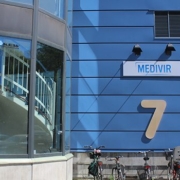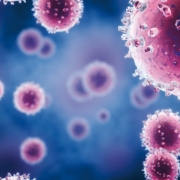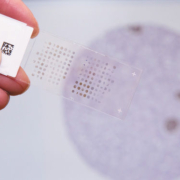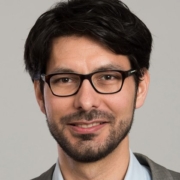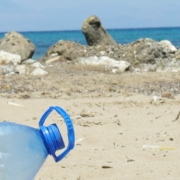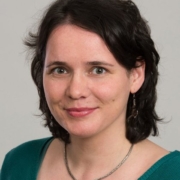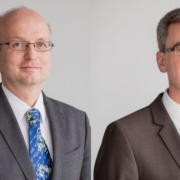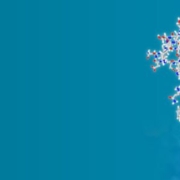Medivir AB has exclusively licenced Greater China development and commercialisation rights of its preclinical candidate drug MIV-802 to Chinese drug developer Ascletis Bioscience Co. Ltd.
ADVERTISEMENT
Belgian, Swiss, and US researchers have found a new way to boost efficacy in cancer immunotherapy. In mid-April, they reported that cancer cells actively block tumour infiltration of cytotoxic T cells, but that this process can be reversed using angiogenesis blockers. Some Big pharma companies have already jumped on the bandwagon of angiogenesis/PDL1 combination therapy.
Using a national supercomputer, Swedish researchers have analysed how protein expression of the 315 known cancer genes translates into cancer overall survival.
Finnish Metsä Group has started its mill for bio-based products. The €1.2bn investment’s production capacity is 1.3 million tonnes of softwood pulp a year.
UK-headquartered immunodiagnostics specialist Oxford Immunotec Global plc’s share value slipped by $1.31 to $16.02 after the company raised US-$40.125m on Monday in an public offering of 2.5 million ordinary shares at Nasdaq underwritten by BTIG LLC.
French green chemistry pioneer, Carbios SA (Clermont-Ferrand) announced in March that it has secured equity financing of €2.5m from Kepler Cheuvreux through the acquisition of 380,000 shares over 24 months.
German CellAct GmbH has cashed in US$250m (€212m) from Mundipharma in a licence deal for CAP7.1, a Phase II drug to treat the rare biliary tract cancer.
Gene therapy specialist Orchard Therapeutics (London) has appointed Mark Rothera as President and Chief Executive Officer, a specialist for the commercialisation of novel treatments and business development.
On 23 June 2016, the UK voted to leave the EU and, thereby, decided for Brexit. As of today, it is still uncertain what the exact implications of this decision will be, including important questions regarding how the political and legal nature of the future relationship between the UK and the EU will be.
Germany is the first country that has granted full approval to Adrenomed to conduct a Phase II study with the monoclonal antibody adrecizumab in patients with early septic shock. Within the ADR-02 study, 300 patients will be enrolled in Germany, Belgium, France and the Netherlands for proof of safety and efficacy.


